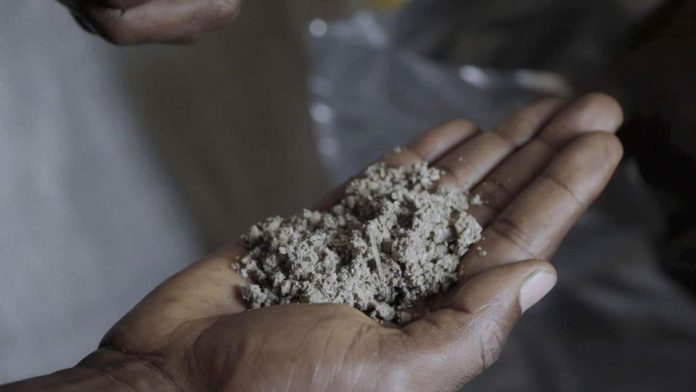Opinion: by professor Mballow
The Gambia, a small West African nation known for its rich cultural heritage, faces various challenges threatening its future stability and prosperity. One of the most pressing issues is the rising problem of substance abuse among the youth. This chapter explores the root causes, consequences, and potential solutions to address this critical issue.
Historical Context:
To understand the current state of substance abuse in The Gambia, it is essential to explore the historical context that has contributed to the problem. Traditionally, The Gambia has been a society deeply rooted in communal values, where social bonds and cultural practices significantly shaped individuals. However, traditional values have faced challenges with globalization and the influx of external influences, including Western media and economic changes.
Causes of Substance Abuse:
Several factors contribute to the prevalence of substance abuse among the youth in The Gambia:
i. Socioeconomic Factors:
Like many developing nations, the Gambia grapples with issues of poverty and unemployment. Limited economic opportunities can drive young people to seek solace in substance use as a coping mechanism.
ii. Peer Pressure:
Peer influence plays a crucial role in shaping the behavior of young individuals. The desire to fit in or be accepted within social circles may lead some youth to experiment with drugs or alcohol.
iii. Accessibility:
The availability and accessibility of substances contribute significantly to their abuse. Weak regulatory frameworks and porous borders may facilitate the smuggling of illicit substances into the country.
iv. Lack of Awareness:
Limited awareness about the dangers of substance abuse, both among the youth and their families, exacerbates the problem. Educational campaigns on the risks associated with drug and alcohol consumption are essential.
Consequences of Substance Abuse:
The consequences of substance abuse in The Gambia are multifaceted and affect various aspects of society:
i. Health Implications:
Substance abuse poses severe health risks, ranging from mental health disorders to physical ailments. The lack of adequate healthcare infrastructure exacerbates the challenges of treating addiction.
ii. Educational Decline:
The impact of substance abuse on education is significant, with increased rates of school dropout and diminished academic performance among affected youth.
iii. Social Disintegration:
Substance abuse can lead to the breakdown of social fabric as individuals become isolated from their communities. This social disintegration further perpetuates the cycle of addiction.
iv. Economic Burden:
The economic consequences of substance abuse are substantial, affecting productivity and increasing the burden on healthcare systems and social services.
Initiatives and Interventions:
i. Rehabilitation Centers:
The establishment of rehabilitation centers provides a supportive environment for individuals struggling with substance abuse, offering counseling, therapy, and skill development programs.
ii. Education Programs:
Implementing educational initiatives at schools and in communities helps raise awareness about the dangers of substance abuse, fostering a culture of prevention.
iii. Community Engagement:
Involving communities in the fight against substance abuse is crucial. Community-based programs empower individuals to support their peers and promote a sense of collective responsibility.
iv. Government Policies:
Strengthening regulatory frameworks and law enforcement measures is vital to curb the illicit drug trade and control the accessibility of substances.
Future Recommendations:
To effectively address substance abuse among the youth in The Gambia, a holistic approach is required:
i. Comprehensive Education:
Enhance educational programs that focus not only on the risks of substance abuse but also on life skills, coping mechanisms, and resilience.
ii. Economic Empowerment:
Invest in job creation and vocational training programs to provide alternative avenues for the youth to build meaningful lives.
iii. Strengthening Healthcare:
Improve healthcare infrastructure to ensure that individuals struggling with addiction have access to quality treatment and rehabilitation services.
iv. International Collaboration:
Collaborate with international organizations and neighboring countries to tackle the transnational aspects of substance abuse.
Conclusion:
Substance abuse among the youth poses a significant threat to the future of The Gambia. Addressing this issue requires a concerted effort from government agencies, communities, and international partners. By understanding the root causes, implementing effective interventions, and fostering a culture of prevention, The Gambia can pave the way for a healthier and more prosperous future for its youth.


